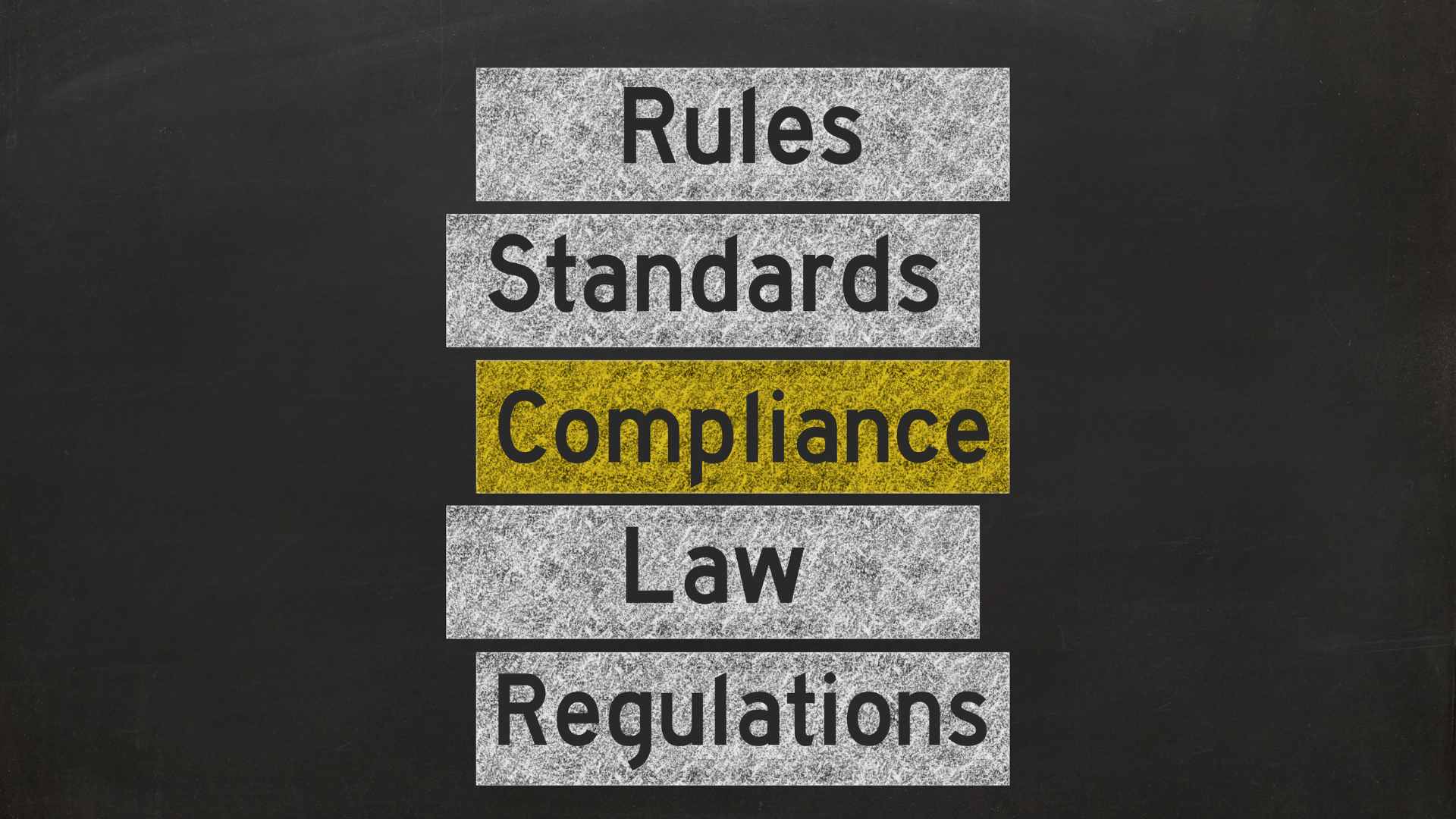VIEW BY TOPIC
- Finding Customers
- Business Systems
- Managing Employees
- Leadership
- Managing Money
Related Posts

Ready to Grow Your Business Fast?
Here’s How I Grew Five Businesses, and Eventually Sold One to a Fortune 500 Company.

Credit Card Processor for Small Business: 3 Things To Look Out For
Payment methods are evolving every day, and you don’t want to lose a sale because a customer can’t pay using their preferred method. Having a credit card processor can be very helpful to the function and success of your small business.
Besides collecting debit and credit card payments, the processor should also accept prepaid cards, gift cards, money wallets, electronic benefit transfers, ACH transfer, phone payments, etc.
Before signing a contract with a given processor, go through their accepted payment methods and ensure they line up with your customer’s needs.
The fees and costs involved with a credit card processor
As much as the credit card processors bring convenience and allow you to collect credit card payments on your website, they are in business and make their money through fees.
The most common credit card processing fees are:
Interchange fees: These are the fees charged for every transaction, and the payment processor pays them to the card-issuing bank.
Monthly statement fees: The processor might charge a monthly statement fee to cover the expense of mailing the statement.
Monthly minimum fee: This is the minimum amount in fees that the processing company must collect in any month. If you fail to meet or exceed the minimum amount, the company will charge you to meet the minimum. For example, if the company’s monthly minimum fee is $30, and your credit card transaction fees for the month are $25, the company will charge you $5 to make up the difference.
Application and set up fee: From its name, this is the fee charged to apply for the processing service. Some companies will charge you extra for setting up the equipment needed to accept the credit cards.
Early termination fees: Some processors will charge you termination fees when you cancel their service before completing the contract.
To make the right decision, you need to carefully go through the different fees charged by the various companies and ensure that you understand them.
Customer support reliability
Things can quickly get out of hand. For example, you might run into technical problems with your credit card machine, encounter confusing fees, or have other problems.
The last thing you want is to have problems processing the credit and debit card payments, and you can’t access the credit card processor.
Before deciding on the processing company to work with, contact their helpline using different ways (email, phone, chat) and see how quickly they respond and how helpful they are.
For peace of mind, work with a payment processor providing 24/7 customer support. The company should also be easy to reach.













